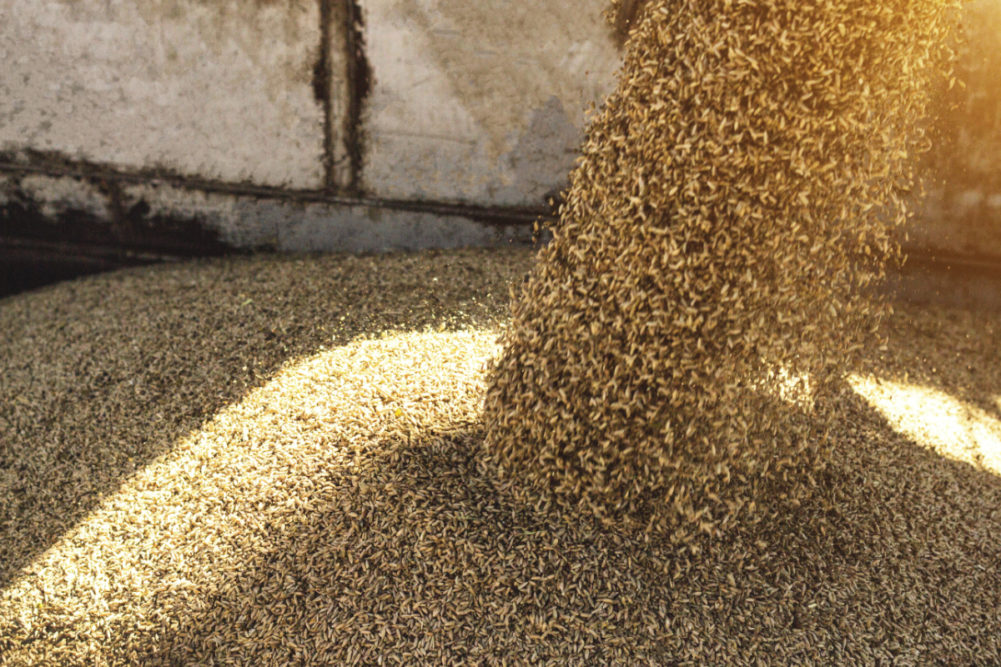WEST PERTH, AUSTRALIA — The CBH Group’s exports for Western Australia remain strong with record breaking shipments in December.
Ben Macnamara, chief operations officer of CBH, said since the start of the shipping season in October 2020 approximately 2.5 million tonnes of grain had been moved from country receival sites to ports and shipped.
Shipping stems at all four CBH grain port terminals at Geraldton, Kwinana, Albany and Esperance are currently fully booked through to the end of June.
“Our export program significantly ramped up in December 2020, a month in which we shipped 1.64 million tonnes alone, eclipsing the previous monthly record of 1.62 million tonnes that was achieved in December 2018,” Macnamara said. “It’s a credit to our site, terminal and logistics teams who received grain deliveries from growers during harvest while safely moving a significant amount of grain through our system to our ports.”
Macnamara said the busy shipping season follows a trend in the past decade to move the bulk of the total harvest tonnes in the first half of the calendar year, before the Northern Hemisphere’s harvest commences.
“We’re seeing a larger portion of the crop going out of a narrower window, so we are focused on getting more out of our existing infrastructure to maximize efficiency and get grain to port when it matters most,” he said. “Looking ahead, we anticipate shipping a further 9.3 million tonnes of wheat, barley, canola, lupins and oats via bulk shipments to multiple international destinations between now and June.”
To support the export program, CBH will supplement its own rail fleets with an additional fleet of two locomotives, 48 wagons and train drivers from rail freight operator Aurizon in a short-term arrangement.
“From time to time we supplement our rail fleet with third-party arrangements when there is an above-average harvest,” Macnamara said. “The arrangement with Aurizon will enable one of CBH’s rail fleets normally repositioned into the Geraldton Zone during the post-harvest period to move back into the Kwinana North and South Zones to assist with the export program whilst maintaining two rail fleets in the Geraldton Zone.
“Our preference is to move as much grain as possible via rail where it represents the least cost pathway from site to port.”
The Aurizon arrangement is due to commence on Feb. 1.






